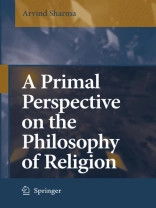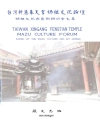What am I trying to accomplish through the exercise which I have undertaken, namely, to examine the philosophy of religion in the light of primal religions? If to choose someone else’s expression to characterize one’s own intellectual endeavour is an indication of one’s own lack of imagination, then I must plead guilty to that charge; but not to that of lack of gratitude, for I have to thank Robin Horton for describing, better than I can, what I have attempted in the book. It is an exercise in what he calls “translational understanding. ” I quote him now: By ‘translational understanding’, I mean the kind of understanding of a particular thought-system that results from the successful translation of the language and conceptual system that embody it into terms of a language and conceptual system that currently enjoy ‘world’ status. In talking of translation, of course, I am not just talking of the provision of dictionary equivalents for individual words or sentences. I am talking about finding a ‘world-language’ equivalent for a whole realm of discourse, and of showing, in ‘world-language’ terms, what the point of that realm of discourse is in the life of the people who use it. Translation, in this broader sense, can be very arduous. There may be no realm of discourse in the ‘world’ language that exactly fits the bill. We may have to bend and refashion existing realms, and even redefine their guiding intentions.
สารบัญ
The Concept of God: Monotheism.- Other Concepts of God.- Arguments for the Existence of God.- Arguments Against the Existence of God.- The Problem of Evil.- The Concept of Revelation and the Primal Religious Tradition.- Theories of Faith.- Evidentialism, Foundationalism and Rational Belief.- Language and Religious Thought.- The Problems of Religious Language.- The Problem of Verification.- Conflicting Truth Claims of Different Religions.- Human Destiny: Immortality and Resurrection.- Human Destiny: Karma and Reincarnation.











